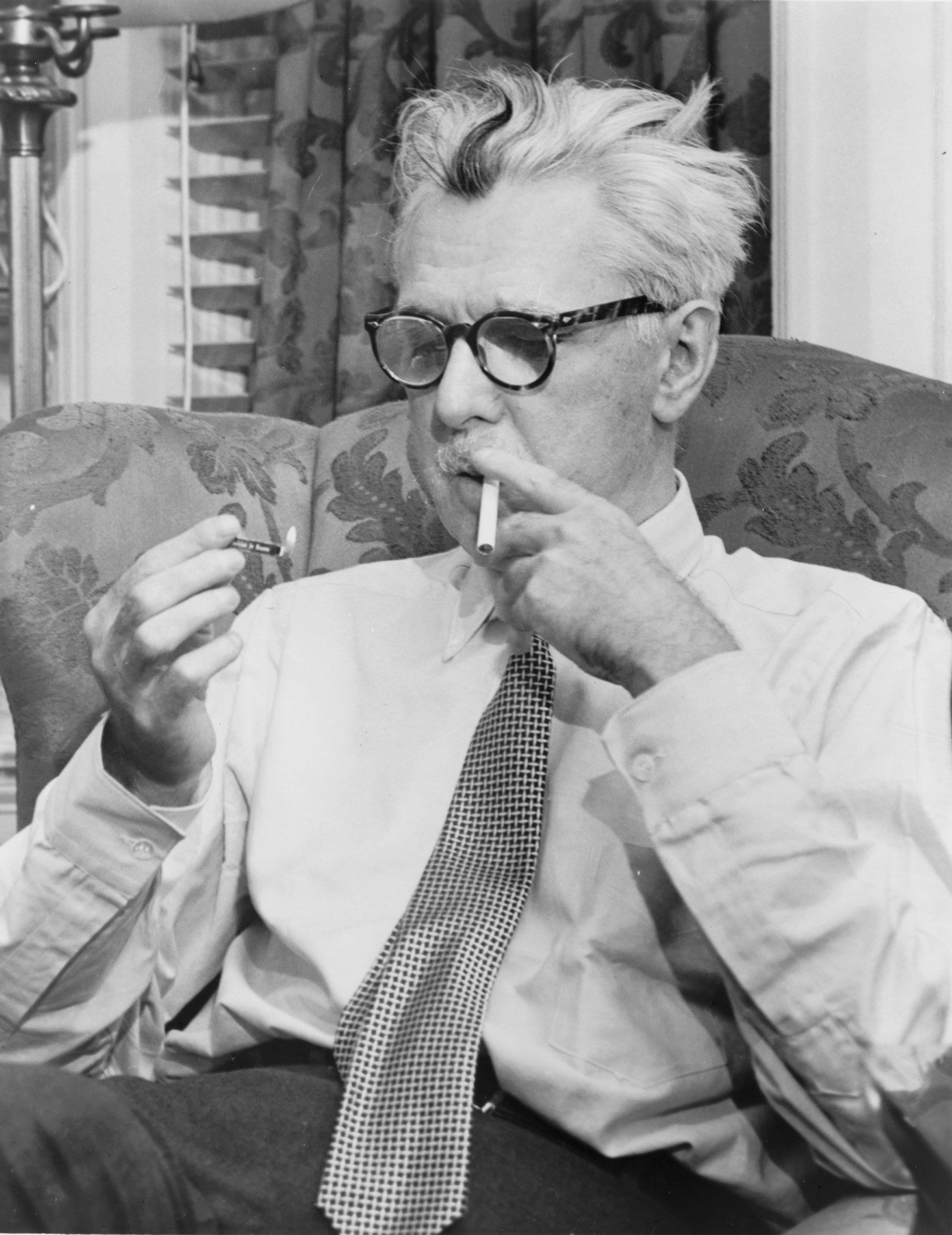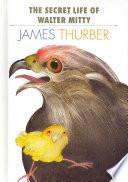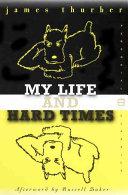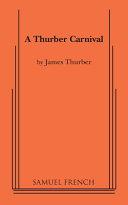James Grover Thurber was an American cartoonist, author, humorist, journalist, playwright, children's book author, and celebrated wit. He was best known for his cartoons and short stories published mainly in The New Yorker magazine, such as "The Catbird Seat", and collected in his numerous books. He was one of the most popular humorists of his time, as he celebrated the comic frustrations and eccentricities of ordinary people. He wrote the Broadway comedy The Male Animal in collaboration with his college friend Elliott Nugent; it was later adapted into a film starring Henry Fonda and Olivia de Havilland. His short story "The Secret Life of Walter Mitty" has been adapted for film twice, once in 1947 and again in 2013.
Wikipedia
✵
8. December 1894 – 2. November 1961
•
Other names
James Grover Thurber




